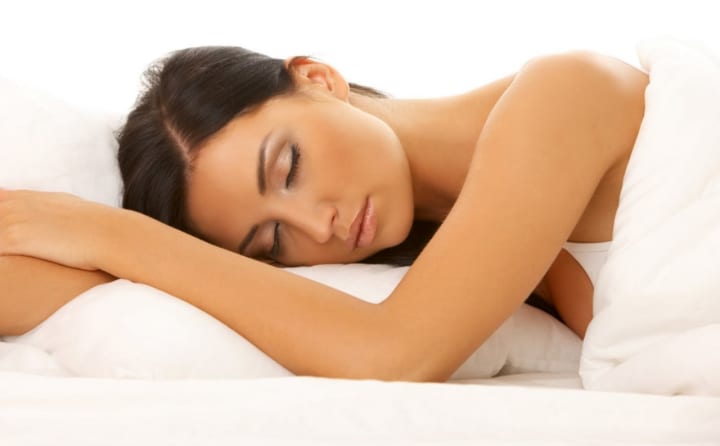"Lack of sleep is among the multitude of unhealthy habits that people develop on the road to obesity" says Dr. Starpoli. "The problem is that people end up developing other behaviors to combat drowsiness, such as grabbing a short term energy boost through carbs or sugars to push their way through the day because they are tired."
In a study conducted over 16 years by the Nurse's Healthy Study, of the 68,000 women surveyed, those who slept less than 5 hours a night were 15% more likely to become obese over the allotted time window. Additionally, those who slept at odd hours and followed no particular schedule we at risk to develop diabetes, the survey showed.
While there is no definitive proof that a lack of sleep increases BMI, doctors have theorized that several factors could contribute to obesity. The first of which is an increase in consumption; those who sleep less simply have more waking hours to eat. Decreased sleep hours have also been attributed to disturbing the hormonal balance that indicates fullness and hunger. Studies show higher levels of the appetite-stimulating hormone ghrelin and lower levels of the satiety-inducing hormone leptin in those who receive less than 7 hours of sleep.
Those who get less than seven hours of sleep per night often feel sluggish, resulting in a decrease in physical output and caloric burn. Studies have shown that sleep deprived people spend more time watching television and being sedentary than being physically active.
"Some people supplement their sleep cycle with naps, but the bottom line is you need to get those seven hours" says Dr. Starpoli. " Not all sleep is created equal. Making sure you do not have caffeine before bed and avoiding certain medications which make you pass out, but don't provide restful sleep, can make sure you're well rested "


